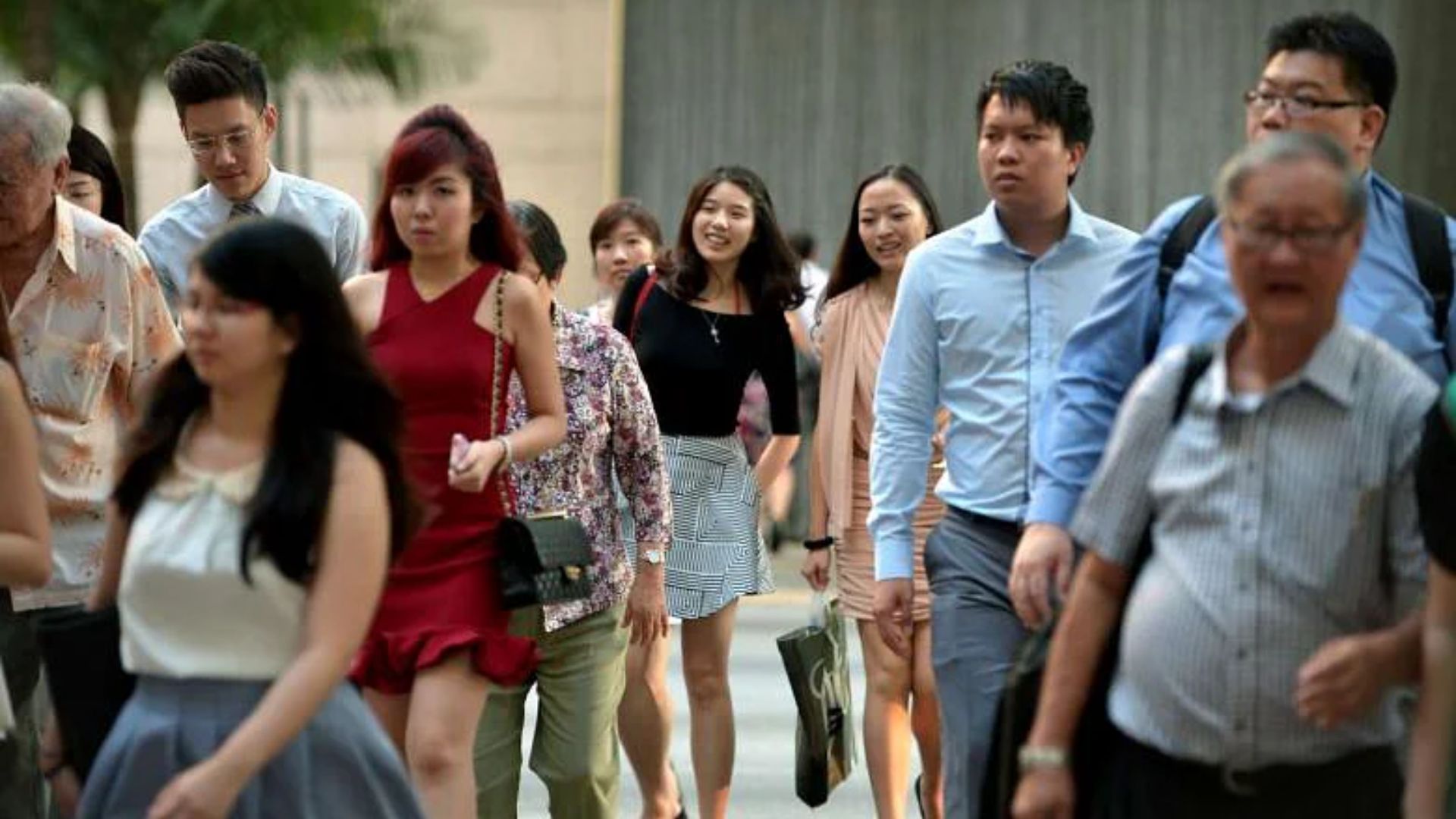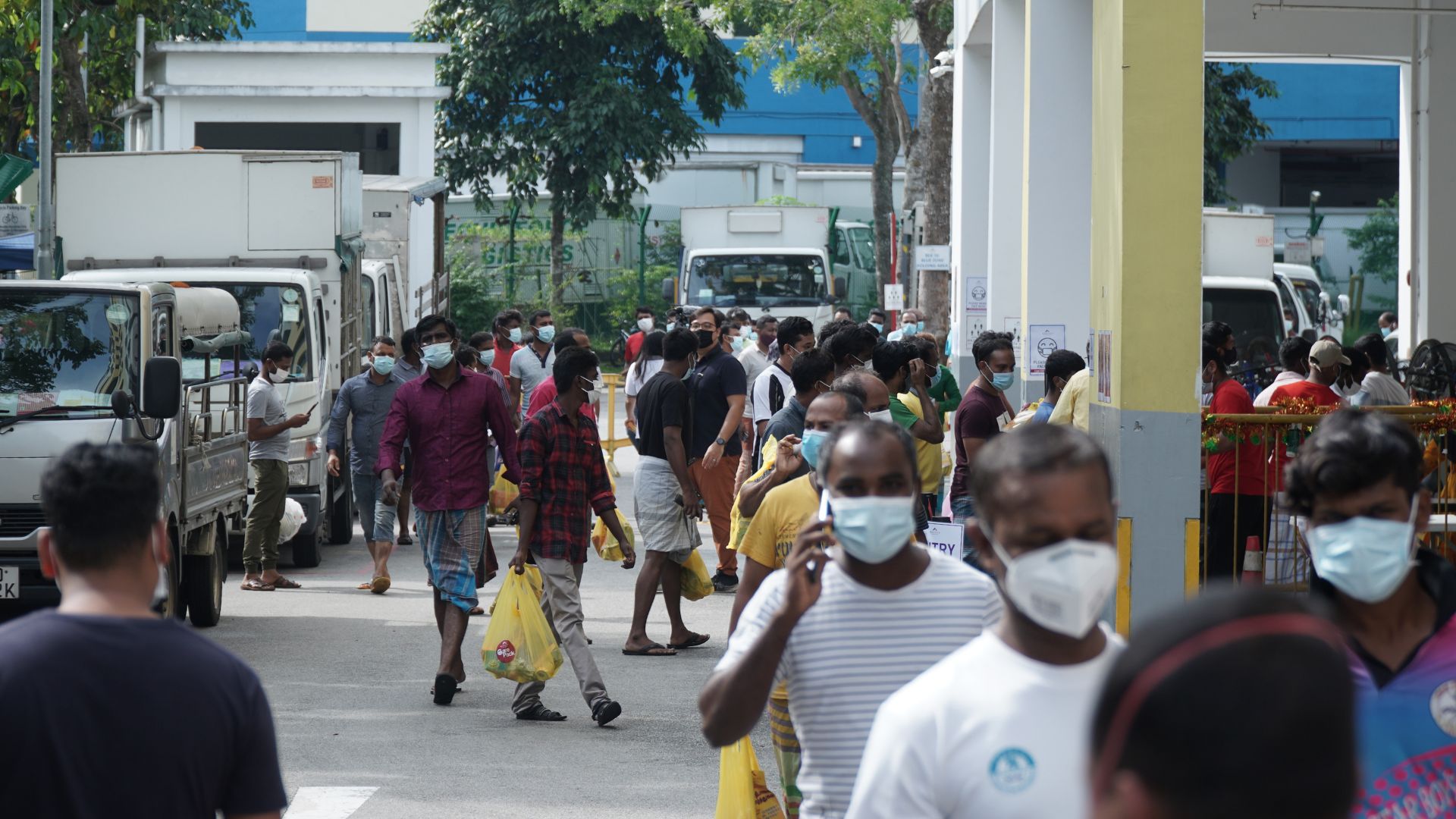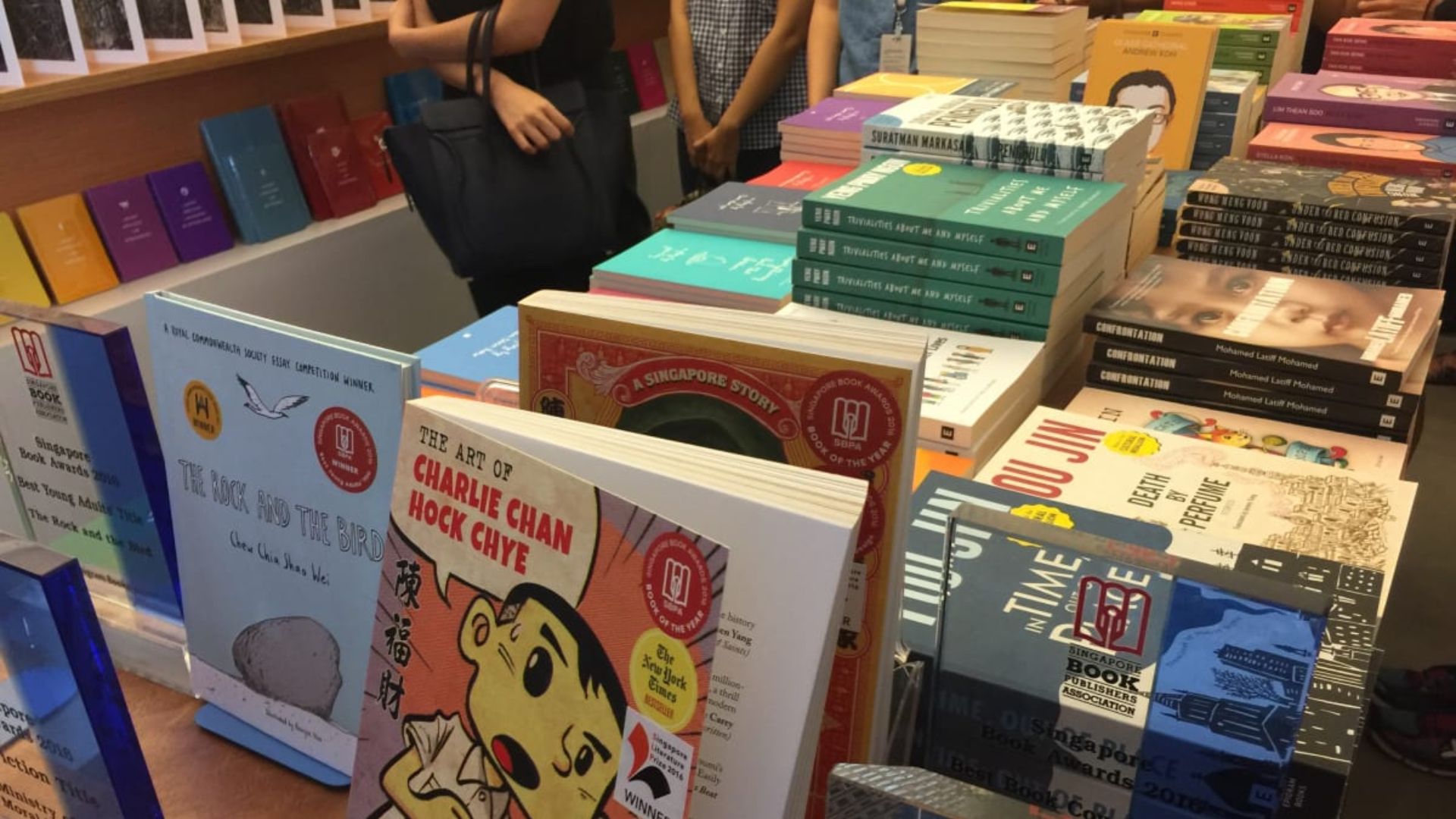High inflation and recession.
News of their impending arrival dot the landscape of print, broadcast and online platforms non-stop and practically every day.
According to the World Bank, global growth is expected to slump from 5.7 per cent in 2021 to 2.9 per cent in 2022. It will also hover around that pace over the next two years.
World Bank President David Malpass said, “Markets look forward, so it is urgent to encourage production and avoid trade restrictions. Changes in fiscal, monetary, climate and debt policy are needed to counter capital misallocation and inequality.”
The recent slowdown and heightened inflation were caused by the war in Ukraine and China’s zero-Covid policy, resulting in the soaring food and energy prices and disrupted supply chains triggering delays.
Mixed feelings despite inflation, recession
An EdgeProp report on 4 October this year cited the KPMG 2022 CEO Outlook that about 9 in 10 global CEOs anticipated a recession to hit the global economy in the next 12 months.
Only Singapore CEOs are more optimistic, with 92 per cent expecting to increase headcount by up to 10 per cent in the next three years.
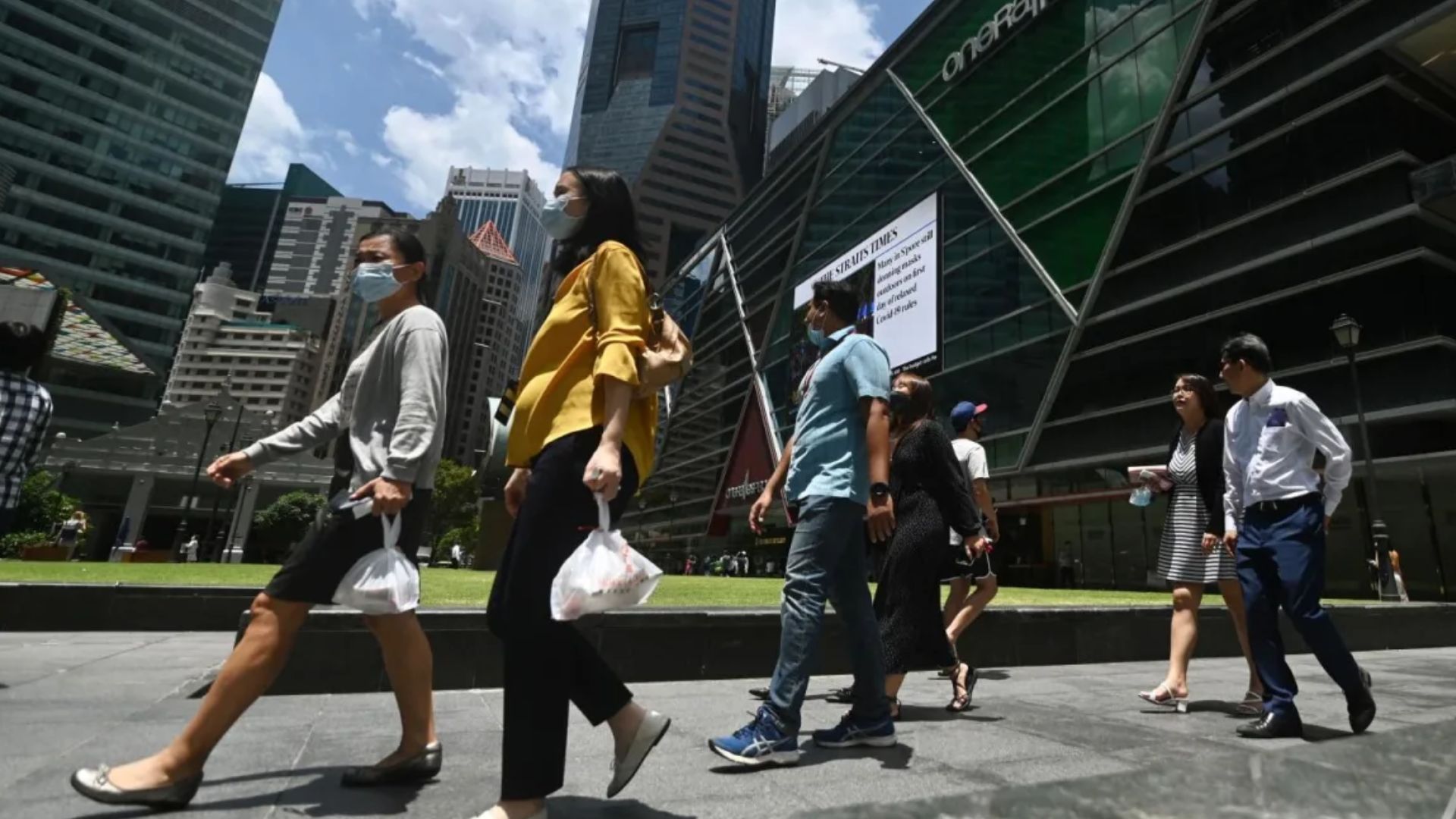
Another survey on 5 October, also by KPMG, found more than half of the business leaders polled expect a ‘’mild and short’’ slowdown.
Yet at the SuperReturn Asia Conference last month, Managing Director of the Monetary Authority of Singapore (MAS) Ravi Menon said that the medium-term inflation outlook is likely to be “higher-for-longer’’.
Last year, Singapore was ranked the second most expensive city in the world in the 2021 Worldwide Cost of Living survey by the Economist Intelligence Unit (EIU).
There are likely to be more recurrent bouts of price hikes compared to the last two decades. Also, the ongoing reconfiguration of global supply chains is likely to mean higher costs and hence prices, at least over the medium term.
Labour crunches
Countries and companies are now focusing on building resilience through near-shoring and supply diversification. This will result in price increase and may have an inflationary impact over the medium term with supply chain reconfigurations being complex and long drawn.
There may also be a structural shortage in global labour supply that could put upward pressure on wages, lifting prices across the board. A widening skills gap across many sectors globally could lead to persistently high vacancy rates.
A rapidly ageing population in many parts of the world adds to the fray as growing demand for goods and services put pressure on a shrinking workforce.
Is inflation a time to cut back on spending, switch careers?
According to a CNA report on 5 May, CIMB Private Banking economist Song Seng Wun said if prices continue to rise and fuelled by the war in Eastern Europe or snarls in supply chains due to lockdowns in China to the point where people feel that living costs have outpaced wage growth, they may become cautious and pull back on spending.
Yet a study by SJP Asia found that in Singapore, only 52 per cent of Singaporeans surveyed in 2021 planned for inflation in their financial plans and its impact on their savings.
According to the Manpower Ministry, unemployment rates held steady at pre-pandemic levels in July this year. The resident long-term unemployment rate declined for the third consecutive quarter, returning to the pre-pandemic average of 0.7 per cent in June.
There may be no better time than now for Singaporeans to consider a career switch given a falling unemployment rate.
Take both Ms Nur Karimah and Mr Matthew Eli Aeria Bellido for instance.
The two used to fly with Singapore Airlines but when the Covid-19 pandemic hit, they had their wings clipped and decided to go into the healthcare sector where warm bodies were needed.
Ms Karimah, 34, began her career as a nurse in Changi General Hospital (CGH). Just after four years, she left to join Singapore Airlines (SIA) as a flight stewardess. Seven years after, she was grounded and became a stay-home mother to raise her daughter.
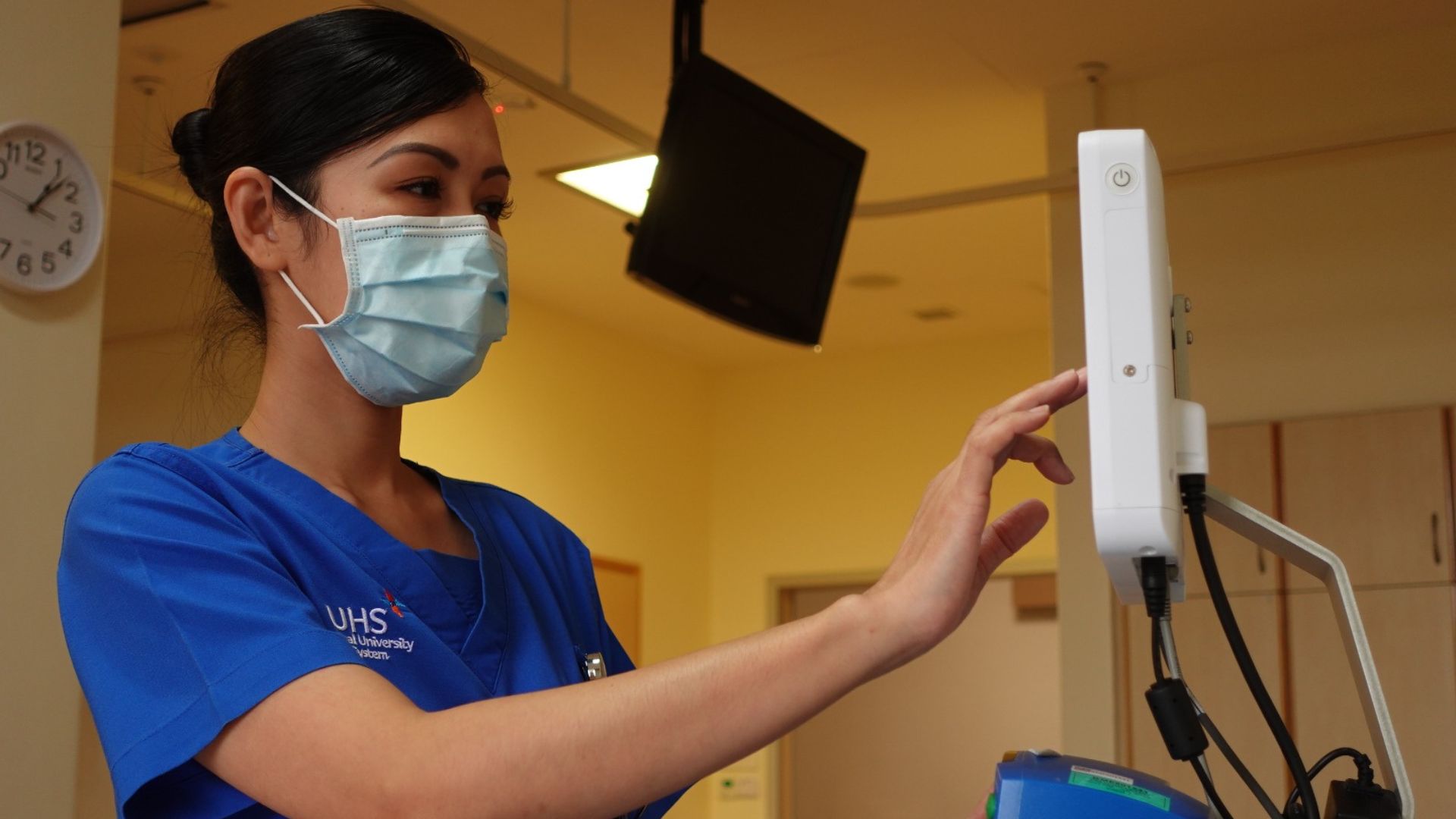
Ms Karimah returned to her original calling after the pandemic hit and when the Ministry of Health (MOH) began recalling former nurses. She joined Alexandra Hospital (AH) as a staff nurse in February this year.
When restrictions were eventually relaxed and flights resumed, SIA tried to recall Ms Karimah to take to the skies once again but her calling at AH and the healthcare sector was “louder” and more pressing.
“The team at AH is also much like a close-knit family. We support, affirm and encourage one another and when I need to take urgent leave to look after my daughter, my colleagues will step in for me without any hesitation,” she tells TheHomeGround Asia.
Mr Bellido’s story almost mirrors that of Ms Karimah’s.
The 28-year-old, joined SIA as a flight steward in 2016 and was there for four years before the pandemic and in March 2020, he volunteered to join AH as a Care Ambassador and decided to stay on, clipping his own wings. Today, he is a Service Team Leader.
Despite not being trained as a medical staff, Mr Bellido feels glad that he can help people in other ways, especially those who need financial assistance and financial counselling for their healthcare needs.
Inflation drives people to tighten their belts
The current economic uncertainty has not adversely affected Ms Karimah and my family but she says she is grateful for the rebates and economic packages that the Government has given so far.
“Perhaps this is because we have only one child, so the situation is ok for us. People tell us we should have another child, but there are many factors that need to be considered before we think about that,’’ she says.
For one, grocery and transport have become more expensive.
“I mostly use Grab to travel. Previously I used to pay about $21 to get from home to work, but today, it has risen to as much as $35 to $38 per trip. When that happens, I check if Gojek, or Comfort offer cheaper alternatives,’’ she adds.
Ms Karimah also worries about possible raise in fees for childcare and enrichment courses for her daughter, who is now four.
She pays about $2,400 a year for her child’s Phonics classes, about $1,200 for her ballet lessons, and $380 monthly for childcare fees. She and her husband have considered buying a new home as they have reached the Minimum Occupancy Period for their current flat, but the couple have since reconsidered.
“We now live one day at a time as we realise that the situation has become very unpredictable now,” she adds.
Mr Bellido, who is single, also sees the effects of the high inflation clearly in the prices of groceries as well as his daily meals.
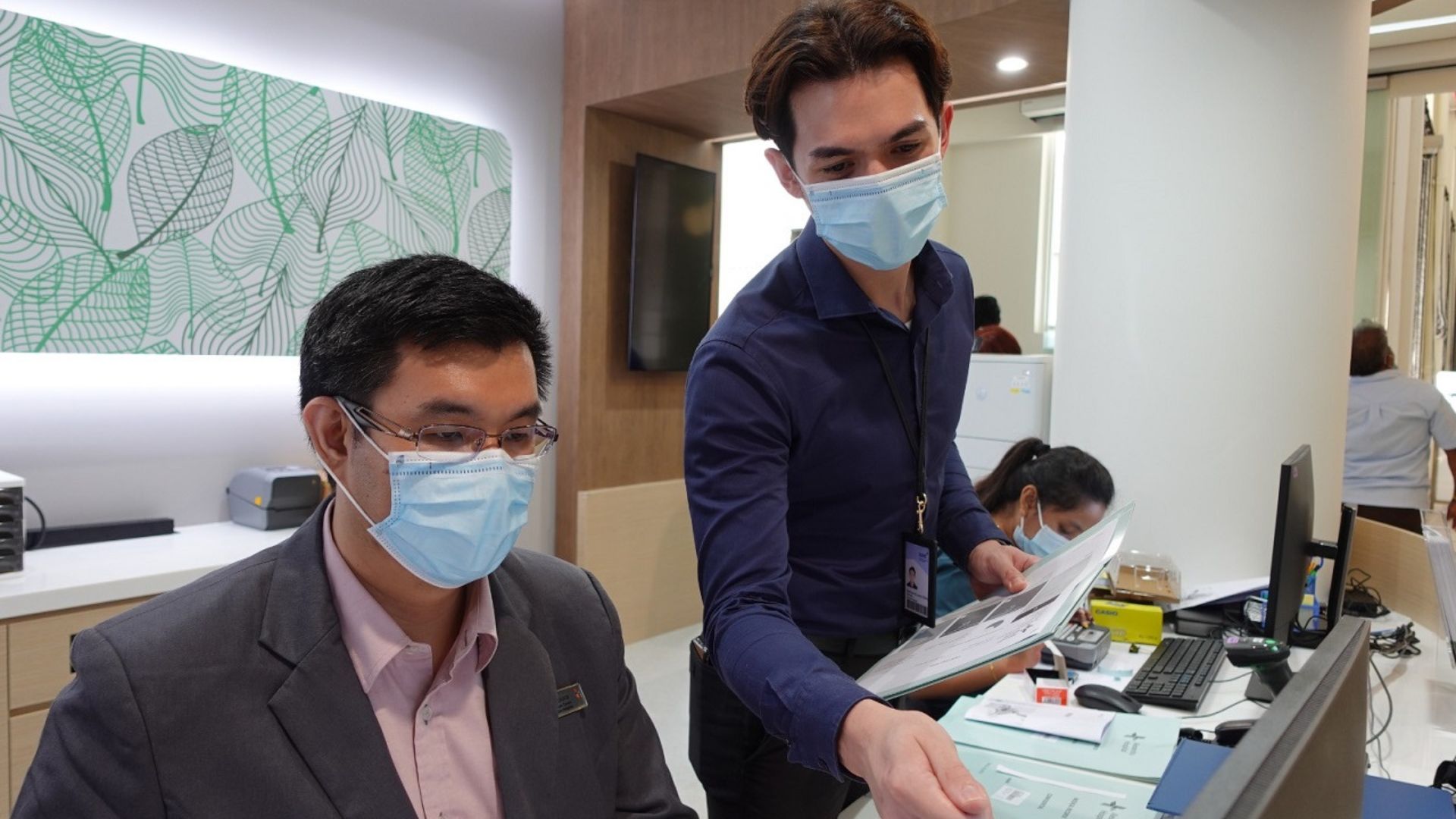
While he is grateful that he is still able to buy an economical rice meal for less than $4 at Alexandra Village, he is still concerned that his lifestyle costs, will rise drastically from 2023 onwards.
“Clean and healthy eating like red rice will be priced higher. Also my hobbies, such as bouldering, will become more expensive too,’’ he says.
Guarding against instability
Both Ms Karimah and Mr Bellido have taken steps to guard against financial instability. These include saving regularly, having comprehensive insurance coverage, spending only on necessities and eating more home-cooked meals.
Ms Karimah is glad that Singapore’s healthcare system works well for all Singaporeans, and nobody gets turned away from healthcare here if they lack the financial means.
Mr Bellido is just happy that he can play his part for society by helping patients find suitable payment options for their medical needs such as from their Medicare, Medifund and other financial options.
‘’We hope that the public realises that we cannot rely solely on the Government for our healthcare needs. We need to take responsibility for our health needs,’’ he adds.
Even seniors in the island republic worry when it comes to the slowdown of the economy and the rising cost of living.
Retiree Ahmad Hasnam, 74, is concerned that the expected higher inflation will deplete his savings.
‘’The prices of food and apparel are rising, and it is hard for me to do any more work, due to my age. I am glad for the economic packages and assistance from the Government, but it will not last long and the inflation will continue for some time,’’ he says.
Side hustles to make more money
The higher prices and economic uncertainty have prompted more young people like Ingmar Josephson to supplement their income.
The journalist with an online financial portal, who is in her 20s, works as a Grab driver on weekends and public holidays to supplement her income.

‘’Wages in Singapore have largely not kept up with inflation in the past five years. According to MOM, the median monthly salary of youths in Singapore has not caught up,” she says.
Adding, “The effects of Covid-19 were devastating on many people my age, who had graduated from university and were ready to join the workforce. Although Singapore is approaching an endemic situation, jobs are still not as plentiful and we have student loans and bills to pay and parents to look after.”
When journalist S.Y. Yap opted to retire at 60 in 2020, the bachelor had planned to do some volunteer work and live comfortably in Singapore for a few years on his savings, before spending his remaining years in Malaysia.
But the pandemic, together with the uncertain global outlook, threw a spanner in the works, forcing him to put these plans on hold. Mr Yap, who lives alone in a studio apartment in Katong, now provides media training and consultancy services to boost his income.
‘’I still plan to move to Malaysia and spend the rest of my life there. But I need to build my nest egg first or inflation and rising prices will wipe out my savings,’’ he says.
When the economic recessions hit Singapore in the 1980s, Mr Yap was fortunate to just have a salary freeze, while his colleagues were retrenched.
That recession did not last so long.
“The current economic malaise seems to be taking a long time and I have dependents to care for, so an additional source of revenue is needed now,’’ he adds.
Hope amid uncertainty
Both Ms Karimah and Mr Bellido believe they can weather the current economic storm in the next three to five years.
While Mr Bellido has plans to study to upgrade his skills, get married and start a family, Ms Karimah is staying put in the healthcare industry.
She says the healthcare sector is doing all it can to attract and retain nurses in the workforce, and she is staying to do her part and looking forward to a career enhancement.
RELATED: Poor worst hit by inflation, middle class not spared as well
Join the conversations on TheHomeGround Asia’s Facebook and Instagram, and get the latest updates via Telegram.
